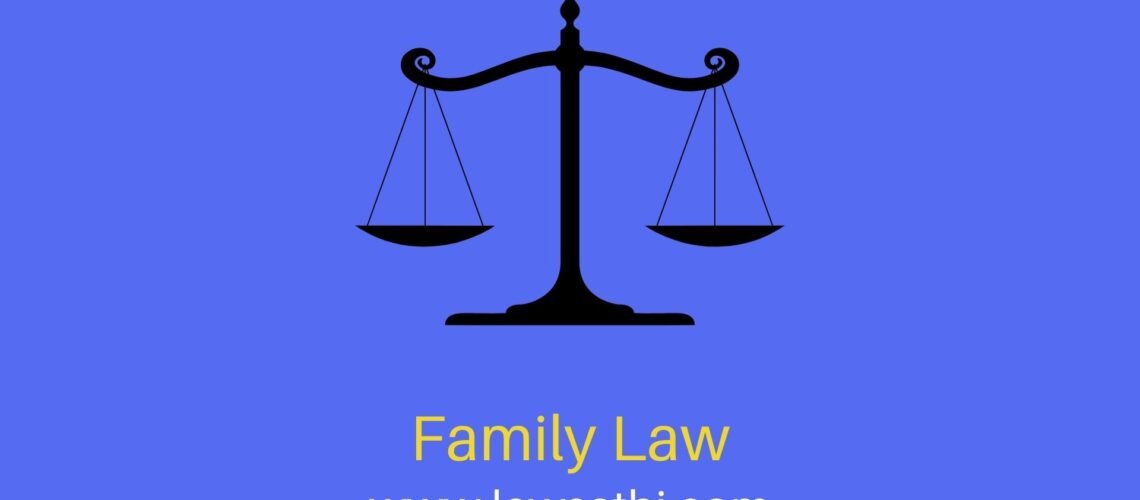
Family Law
Family law is a legal practice that focuses on issues involving family relationships, such as adoption, divorce, court marriage, child custody, and others. Attorneys practicing family law can represent clients in family court proceedings or related negotiations and can also draft important legal documents such as court petitions or property agreements.
Important Terms to Know
Emancipation: A court process through which a minor becomes self-supporting, assumes adult responsibility for his or her welfare, and is no longer under the care of his or her parents.
Marital Property: Property acquired by either spouse during a marriage that is subject to division upon divorce.
Alimony: An allowance made to one spouse by the other for support during or after a legal separation or divorce.
Paternity: origin or descent from a father (to establish paternity is to confirm the identity of a child’s biological father).
Prenuptial Agreement: An agreement made between a man and a woman before marrying in which they give up future rights to each other’s property in the event of a divorce or death.
Divorce: Each partner hires his or her attorney, who will help devise a settlement plan to avoid a trial. Divorce attorneys are typically skilled at dividing marital property, calculating spousal support, and proposing a plan for child custody, visitation, and support (if applicable).
Child Custody and Child Support: Court orders and settlement agreements involving both custody and support are usually included in the larger divorce case but may be revisited as conditions change. For instance, child support may be altered after the non-custodial parent’s financial situation changes.
Paternity: In most cases, paternity cases are filed by the mother to secure child support payments from an absent father. But sometimes biological fathers file for paternity to have a relationship with their child. Paternity is typically determined through DNA testing.
Adoption / Foster Care: Adoption is a complex process that differs according to the type of adoption, where the child is from, variances in state laws, and other factors. Therefore, it’s important to consult with a family law attorney. Foster parents sometimes adopt their foster children, but the foster process does not necessarily require legal representation.


